Whitbread were very canny in their dealings with other breweries. Rather than the aggressive buying up of rivals practised by other upcoming national groups like Hammonds, Whitbread played the helpful big brother. Buying into breweries, but not immediately taking them over. This cautious and friendly approach held them in good stead in the 1960’s, when they were able to us the shareholdings as a platform to take over full control.
This is how it started with Tennant Bros.
“Whitbread funds for Sheffield brewers Closer link with Tennants
our City Editor SYDNEY J. BROOKER 171, Fleet Street, EC4 Telephone—FLE 9693
Wednesday Evening
Having embarked on a programme of capital expenditure to be carried out over five years, the directors of Tennant Bros., the Sheffield brewery undertaking, feel that the time has come when the provision of additional capital should be assured.
That the Tennant directors have turned to Whitbread and Co., the big London brewers, for the required finance is satisfactorily explained by the fact that for some time the two have enjoyed friendly co-operation and a close business relationship. The ties between them will be extended and strengthened by the acquisition by Whitbreads of a substantial shareholding in Tennant Bros.”
Yorkshire Post and Leeds Intelligencer - Thursday 29 December 1955, page 7.
Reading between the lines, it sounds as if Tennant didn’t have the money to invest that their business required. The money provided by Whitbread in return for a shareholding would provide that capital. As time would show, this was a dangerous approach for a company wishing to remain independent.
The existing relationship between the companies was probably Tennant bottling some Whitbread brands and selling them in their pubs. I’m thinking Mackeson.
“This is to done in several stages. First Whitbreads will take up forthwith up to £50,000 worth of Ordinary glares. The price to be fixed by the Tennant directors probably will be based on the Stock Exchange official quotation averaged over a period of months. This procedure will be repeated during next year and may be again repeated in subsequent years up to a further amount of £150,000, commitment for the longer term is to be entered into at this stage.
It will thus be seen that the maximum investment of Whitbreads in the Sheffield undertaking under these is arrangements is £250,000. That would be a substantial investment but would not represent a controlling interest. As regards future dividends, the Tennant board is confident that, in the absence of unforeseen circumstances, the present rate of distribution of 13.5 per cent, can be maintained, and even raised, on the increased Ordinary capital.”
Yorkshire Post and Leeds Intelligencer - Thursday 29 December 1955, page 7.
I’m not sure how they get a maximum of £250,000 from the amounts of £50,000 and £150,000. Surely that should be £200,000? No matter what the figure was, it was a considerable amount of money in the 1950’s. I suppose for Tennant the attraction of raising capital this way was that they didn’t have to get into debt. Though, obviously, long-term it led to the possibility of being taken over completely. Note that it ordinary, i.e. voting, shares that were involved.
Something similar was experienced by a couple of dozen other brewing companies, though Whitbread didn’t end up owing all of them. Just most of them.

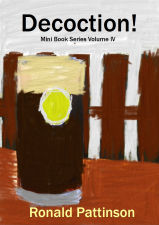













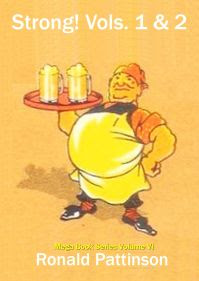


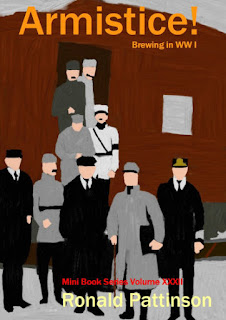
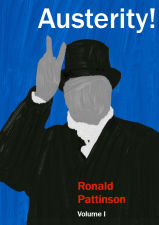



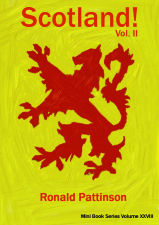



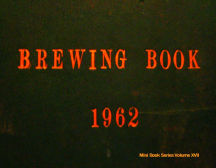
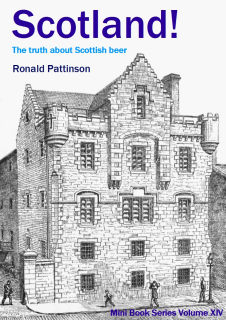
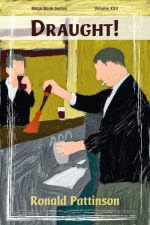

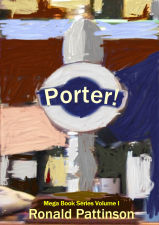






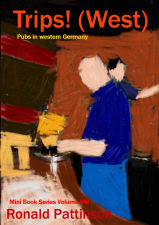
































3 comments:
"Forthwith": £50,000
"This procedure will be repeated during next year": another £50,000
"and may be again repeated in subsequent years up to a further amount of £150,000": another £150,000
Maximum possible investment: £250,000
13.5% dividend? Blimey...
The 13.5% dividend is based on the par or nominal value of the shares. The dividend rate (the dividend expressed as a percentage of the current share price) would have been much lower. These days, companies typically declare their dividends as so many pence per ordinary share, but in the periods that Ron roots around in, it was common to express them as a percentage of the nominal value. The fact that the nominal value may have been very different from the current share price makes it pointless to try and read anything into the percentage itself.
Post a Comment